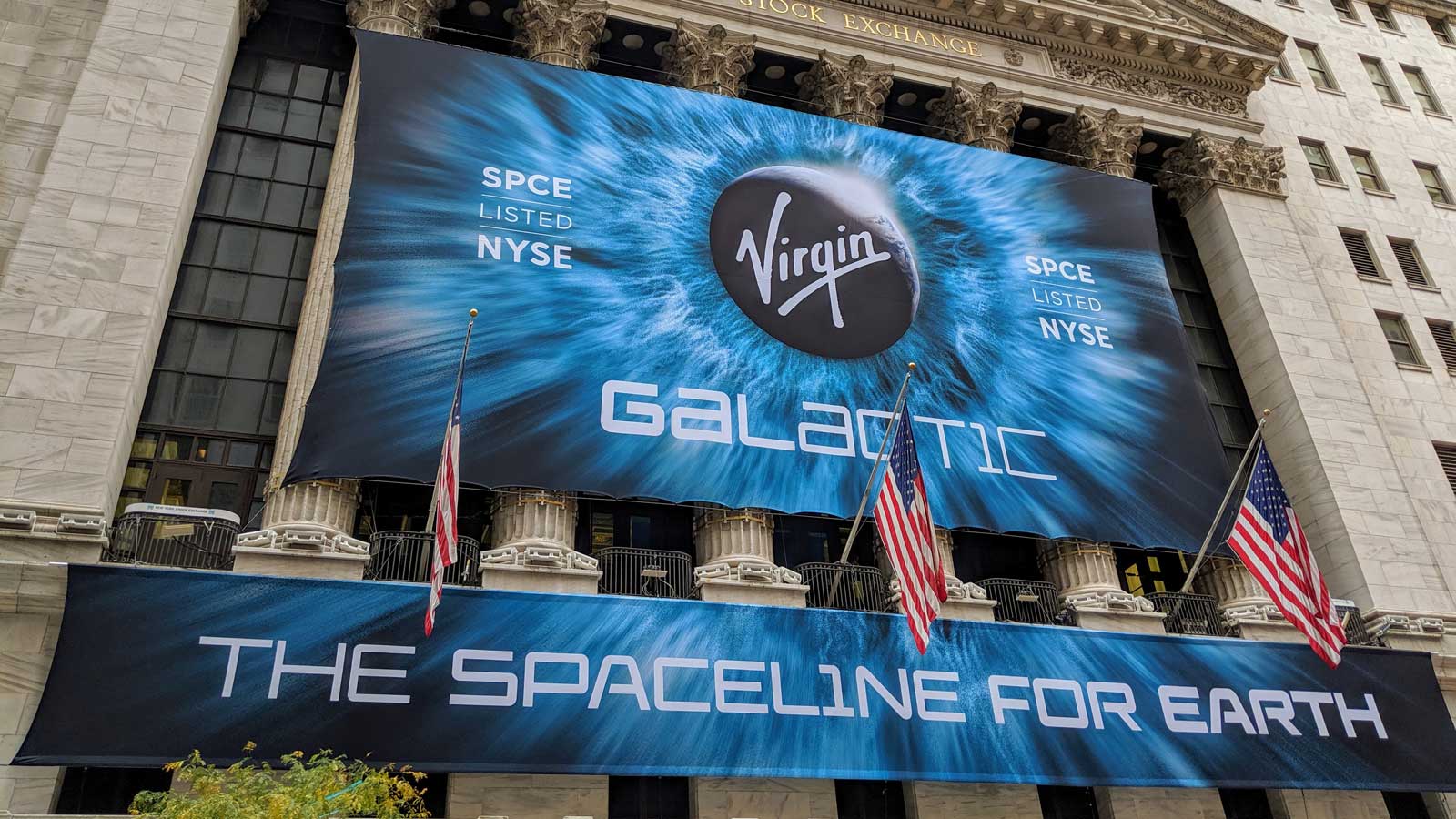Last month’s malfunction of a Virgin Galactic (NYSE:SPCE) space vehicle made me meaningfully more bearish on SPCE stock. Given the high risks facing the company and the shares’ elevated valuation, I continue to recommend that investors sell the shares.

In a column last March, I warned that “it’s impossible to know whether a fatal accident will destroy the company’s business” and that “it’s hard to know how many wealthy people will actually go through with paying $250,000 for a 90-minute ride.”
In the wake of last month’s failure, I believe that the chances of a ruinous fatal accident have meaningfully risen. And, the odds of it attracting tens of thousands of customers has significantly dropped.
The Malfunction and the Company’s Reaction
On Dec. 13, 2020, during an attempted spaceflight, the engine of Virgin’s space vehicle “did not fully ignite as it attempted to launch,” company CEO Michael Colglazier reported. Further, he said the ship’s computer “lost connection” with the “rocket motor.” The launch was automatically terminated.
Colglazier attempted to be upbeat about the incident. He noted that the pilots and the ship were unharmed, while the vehicle’s safety system worked as planned.
Echoing that sentiment was Credit Suisse analyst Robert Spingarn. He wrote that:
The silver lining is that SPCE was able to prove that its built in fail-safe scenarios worked properly enabling SS2 to glide safely back to Earth without jeopardizing the safety of anyone on board. The successful triggering of fail-safe scenario should help quell some investor concerns over the risk of a catastrophic event as SPCE begins commercial operations.
On Jan. 7, Virgin Galactic reported that, after analyzing the incident, it began “corrective actions.”
A Different Take on the Incident
If you were about to take a long, dangerous flight in a small plane, would you feel more or less confident after a malfunction triggered its automatic safety mechanism? Similarly, would you feel more or less confident about driving a car whose transmission failed, causing the vehicle to be automatically shut off by its computer?
While I would take a bit of comfort in the safety mechanisms, I would definitely feel more confident about flying in a vehicle that had not experienced any malfunctions.
And especially when it comes to a little-known phenomenon like space flight, a majority of people would probably feel similarly.
Moreover, despite the safety mechanism, I believe that the malfunction raises the odds that Virgin Galactic’s vehicle will be in a fatal crash. For example, the engine could have a relatively small malfunction but still manage to stay in contact with the computer. This would prevent the safety mechanism from being triggered. However, the small malfunction could theoretically still eventually cause a fatal crash.
Demand Doesn’t Seem Especially Strong
According to Seeking Alpha, as of Dec. 13, 2020, the company had “about 600 customer reservations.” Another 400 people were showing “an interest” in the company’s offering.
Virgin Galactic is looking to sell tickets for $200,000 to $250,000. Even if all 1,000 of those who have shown interest (over a period of several years) buy tickets at an average price of $225,000, that only equates to $225 million of revenue.
That’s not very impressive, considering the $6.25 billion market capitalization of SPCE stock.
The Bottom Line on SPCE Stock
The malfunction of Virgin Galactic’s ship is likely to lower demand for its space flights. And, in my opinion, the malfunction raises the chances that it will have a fatal accident. Meanwhile, there’s evidence that demand for the company’s space flights isn’t huge. These points, along with the shares’ high market capitalization, make Virgin Galactic very risky.
On the date of publication, Larry Ramer did not have (either directly or indirectly) any positions in the securities mentioned in this article.
Larry Ramer has conducted research and written articles on U.S. stocks for 13 years. He has been employed by The Fly and Israel’s largest business newspaper, Globes. Larry began writing columns for InvestorPlace in 2015. Among his highly successful, contrarian picks have been GE, solar stocks, and Snap. You can reach him on StockTwits at @larryramer.
